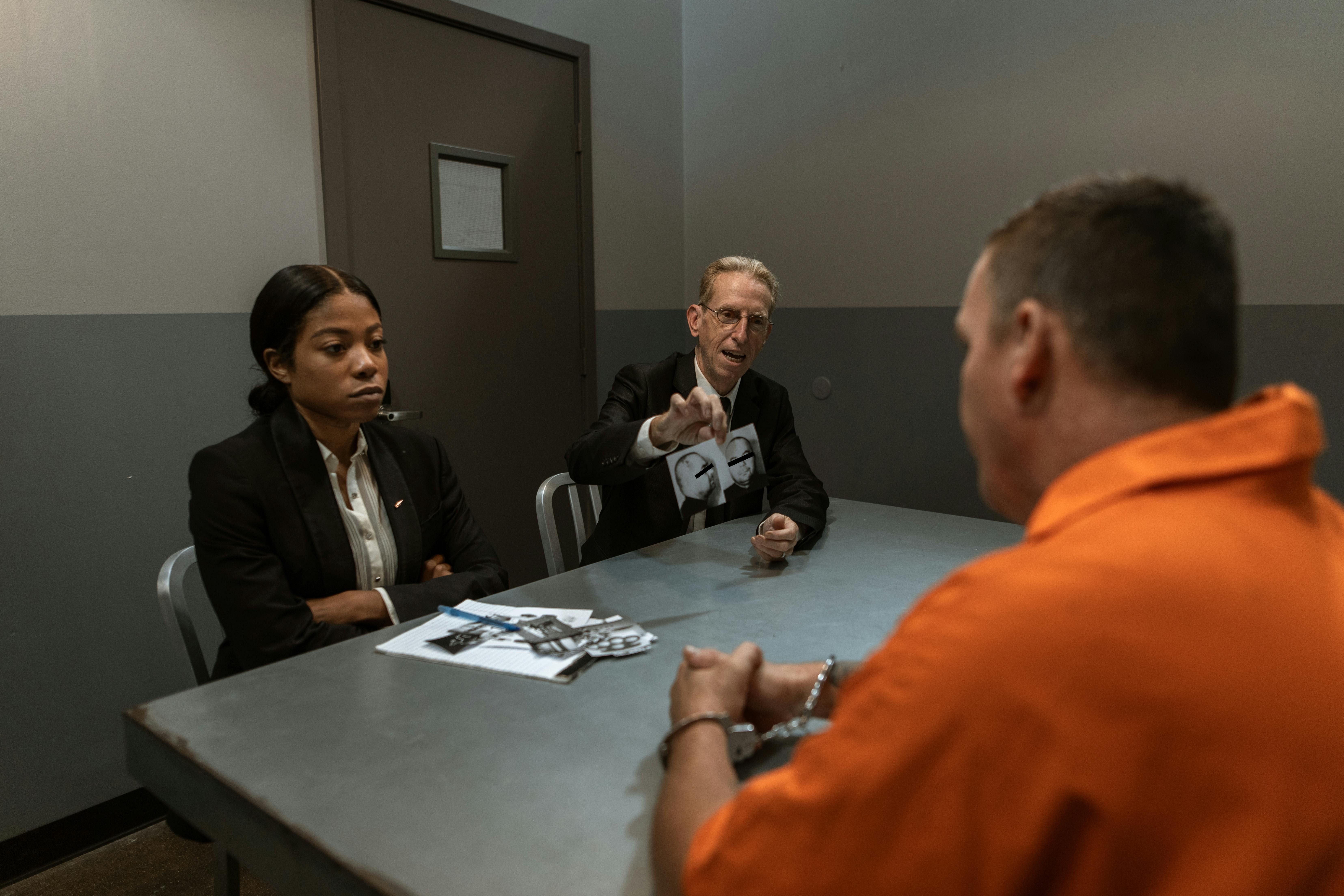Leadership Secrets to Execution: People, Strategy, and Operations
Are you working in an organization that values the performance of leaders at all levels? Are the leaders in your organization slow to focus on achieving significant results?
One of the most powerful questions one can ask in the present moment is Are we honestly exposing the realities of the business? Extraordinary leaders execute and hold people accountable for results.
Are you focused on reality and getting things done? How effective are you at matching your strategy with reality and aligning people to goals? Are you passionate about achieving goals at work that emotionally engage your people?
3 main processes:
People, Strategy and Operations
The heart of execution lies in the three core processes: the people process, the strategy process, and the operations process. All companies use these processes in one way or another. The three core processes of people, strategy, and operations are familiar to practitioners of the Balanced Scorecard and Strategy-Centered Organization management approaches.
In a study of winning companies that spanned more than ten years, professors William Joyce and Nitin Nohria found that there were four major management practices that directly correlated with superior corporate performance, as measured by total shareholder return. Winning companies achieve excellence in these four core practices: execution, strategy, culture, and structure (What Really Works, 2003).
However, more often than not, these three core processes differentiate from each other as silos. Typically, the CEO and his senior leadership team allocate less than half a day each year to review plans: people, strategy, and operations. Usually, too, the reviews are not particularly interactive. People sit passively and watch PowerPoint presentations.
They don’t debate and, as a result, often get few useful results. People leave without any commitment to the action plans they helped create. This is a formula for failure. What is needed is:
o Strong dialogue to bring business realities to the surface.
o Accountability for results openly discussed and accepted by those responsible for doing things.
o Rewards for the best
o Follow up to ensure progress follows plans
Working with an experienced executive coach trained in emotional intelligence and incorporating leadership assessments like the Bar-On EQ-i and CPI 260 can help you become a leader known for relentless execution. He can become a leader who models emotional intelligence and inspires people to happily commit to the company’s strategy and vision.
